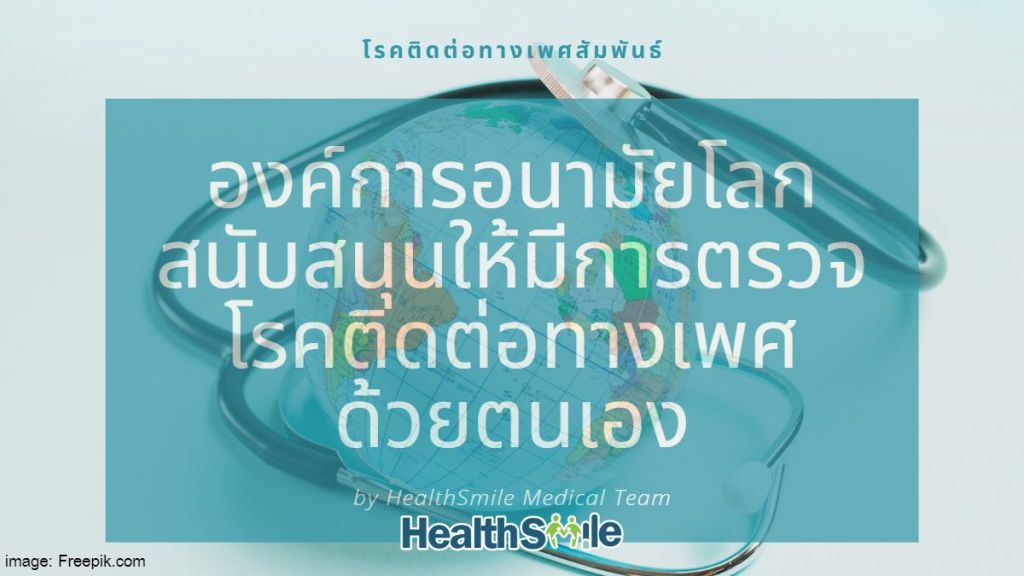Some STDs, such as chlamydia, gonorrhea, syphilis, and trichomoniasis, can be cured.
However, around the world, groups of people with the highest rates of STIs (young people, migrant workers, sex workers, men who have sex with men, transgender people) often lack access to adequate health services.
Even in countries with quality health services, there are many factors that prevent people at risk from accessing STI testing from health providers or clinics or hospitals , such as concerns about privacy, inconvenience, wasted time and work, embarrassment, and stigma when diagnosed with an STD.
The role of the World Health Organization (WHO)
When it comes to sexual health and STDs, the World Health Organization (WHO) plays a key role in supporting and providing appropriate and effective advice in this area. The organization has a clear goal of improving sexual health. Its main goal is to promote self-diagnosis for sexually transmitted diseases (STDs) as an important part of health promotion and disease prevention.
Sexually transmitted diseases (STDs) are a group of diseases that can be transmitted through sexual contact . These diseases often have no or few symptoms, making diagnosis difficult. They also pose a risk of spreading these diseases to others, and can lead to a higher risk of serious health problems or reproductive problems, such as infertility or sterility.
WHO stresses that self-diagnosis of STIs is an essential part of healthcare that everyone should have. Knowing your own health status helps to detect diseases at an early stage, reduces the risk of spreading the disease to others, and helps to start treatment as soon as possible. It also promotes personal responsibility for your own health, which is essential for creating a healthy society . WHO promotes technologies and tools to facilitate self-diagnosis, such as easy-to-use, safe and reliable STIs diagnostic tests. The effectiveness of these tests is constantly being improved to ensure that users are confident in their test results.
For STDs, there are now kits available that allow people to collect their own samples for testing, without having to go to a hospital or clinic. The World Health Organization (WHO) recommends that self-collection of gonorrhea and non-chlamydia be used as an additional method for providing STD testing. The WHO also recommends that self-collection of syphilis and trichomoniasis samples be used as an additional method for providing STD testing.
The above article is translated and adapted from: Self-collection of samples for sexually transmitted infections (STIs) https://www.who.int/publications/i/item/WHO-SRH-20.10
Translated by Dr. Prasit Wiriyakitpaiboon
Read the full document (in English) here: https://apps.who.int/iris/rest/bitstreams/1280120/retrieve

